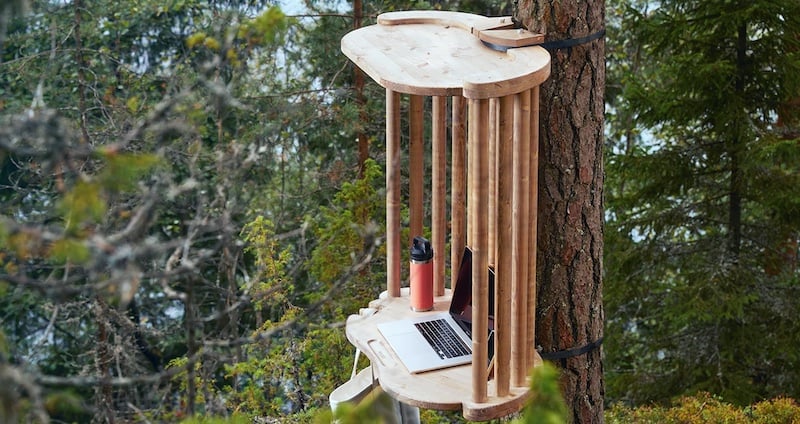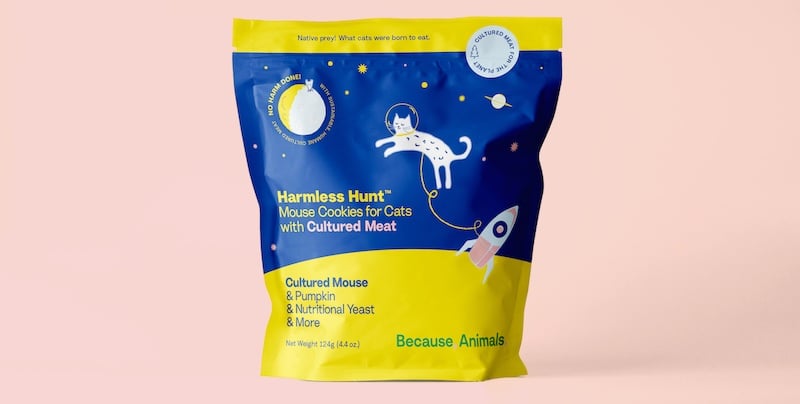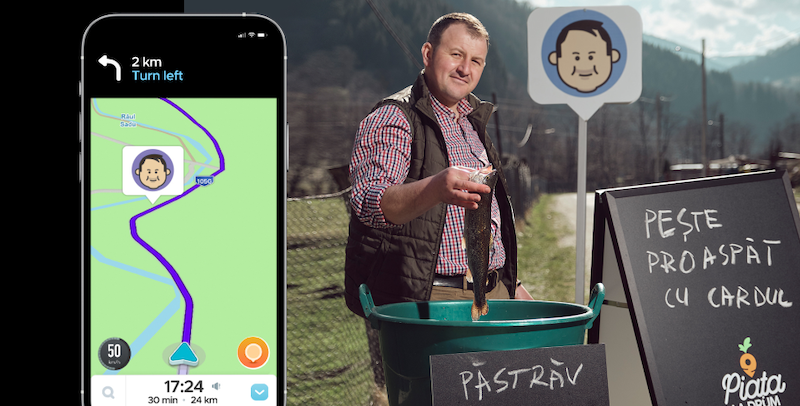Three Shifts That Will Define the Decade (and How to Make the Most of Them)
A few weeks ago, Livia Fioretti, a Senior Trend Analyst and Head of Academy here at TrendWatching, put together a Bespoke presentation for General Assembly Singapore in which she shared her predictions for the decade ahead. We’ve plucked a few of the key learnings from her deck and squashed them into a neat, five-minute read.
The three societal shifts outlined below aren’t just fleeting fads – they represent bold new ways of thinking that will shape consumer expectations over the next 10 years. All sounds a bit conceptual, right? Don’t worry. We’ve included a few innovations so you can see exactly what we’re talking about, plus some inspiration to kickstart your brainstorms.
“When it comes to how they spend their time, consumers will look for quality, not quantity”

- Concerns about screen time pre-date the pandemic, but a year of home-based schooling, hanging out on Zoom and scrolling social media has prompted users to reassess how they spend their time.
- And naturally, this is leading many consumers to spend more time away from home. Airbnb CEO Brian Chesky predicted the ‘travel rebound of the century’ in May this year and so far his prediction appears to be coming true.
- Over the next decade, brands will need to think deeply about whether their products and services deliver quality experiences. The keyword here is ‘quality’ not quantity.
Your business opportunity? Take inspiration from the City of Lahti’s tree desk initiative, or Midnight Trains – the ‘hotel on rails’ which is offering consumers luxury, without jeopardizing their sustainability creds. Both of these innovations turn monotonous everyday experiences (catching a train and working remotely) into Instagram-worthy adventures.
“The organic craze of yesteryear will give way to an obsession with artificiality”

- Last year, we noticed a boom in investment and consumer interest in 'fake' – be it lab-grown, synthetic, cell-cultured or otherwise. When compared to their conventional counterparts, many of these fake products have improved sustainability benefits and ethical credentials.
- As awareness of the damaging impacts of consumption spreads and the pursuit of peak physical health continues to gain ground, people will look for new sources of status and start to swap organic for guilt-free options that are grown in a lab, not crafted by artisans.
- The shift from organic to artificial won't happen overnight, but it will define a new era of consumerism.
Your business opportunity? Think about what ‘guilt’ means to today’s consumers and look for a synthetic solution. Because Animals creates lab-grown mouse-flavored pet treats to assuage the guilt of vegan pet owners, while Qoa’s no-cocoa chocolate taps into consumer anxieties about supply chain abuses and environmental degradation.
“In a globalized and politically fractured world, brands will stand to benefit from uplifting local changemakers”

- We’re already seeing that small business is big business.
- Consumers have stepped up to support the small players impacted by the pandemic and demanded that big brands do the same, if not more. But this isn't a short-term expectation...
- As consumers look to sanitize their consumption habits by making more ethical purchasing decisions, they will look for brands to empower those individuals who are uniquely placed to make a difference in their community.
Your business opportunity? Earlier this year, Patagonia launched a campaign supporting local energy cooperatives. Around a similar time, Mastercard teamed up with Waze to equip roadside vendors with chip and PIN devices, enabling them to take cashless payments. If you’re a big brand, how will you uplift the little folks? For small businesses, the question is: what steps can you take to embed yourself in your local community?
Are you interested in hiring one of our analysts to share their business insights? Check out our Bespoke page for more information.



